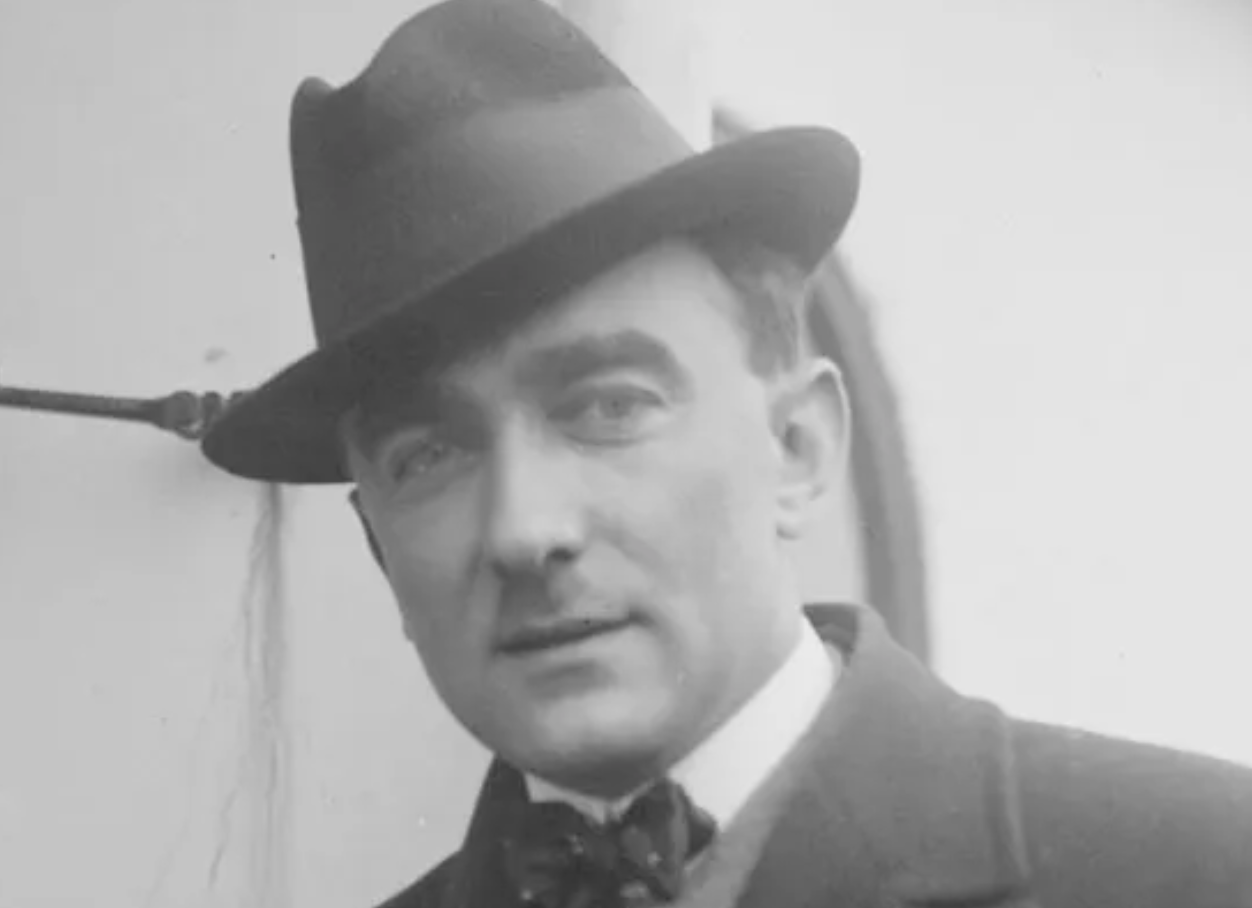So much science has shown how positively music, and in particular singing, improves our mental health that we thought we’d take a look at that this month as it’s Mental Health Awareness Week especially as the theme this year is community; after all, how much more community can you get than a choir!
We know that being part of a community in general is vital for our mental health and wellbeing and being part of a choir certainly ticks that box, along with many other health and social benefits. The physiological benefits of singing have long been explored and have shown that music making exercises the brain as well as the body, and singing is particularly beneficial for improving breathing, posture and muscle tension. There’s even evidence to suggest that music can play a role in sustaining a healthy immune system.

Singing has also been shown to improve our sense of happiness and wellbeing. Research has found, for example, that “people feel more positive after actively singing than they do after passively listening to music or after chatting about positive life events. Improved mood in part comes directly from the release of positive neurochemicals such as β-endorphin, oxcytocin, dopamine and serotonin. It is also likely to be influenced by changes in our sense of social closeness with others; even if we don’t necessarily talk to everyone in our choir, we might experience a general feeling of being connected with the group, leading to our sense of increased community and belonging” says Jacques Launay, Postdoctoral Researcher in Experimental Psychology at the University of Oxford.
Music has been used in different cultures throughout history in many healing rituals, and is already used as a therapy in our own culture for the relief of mental illness, Alzheimers and breathing conditions, for example. In some Scandinavian communities, joining a choir is even prescribed by the local GP for people struggling with mental health issues. Perhaps that’s why being part of a choir has increased dramatically over the last ten years as it’s just so good for us – it’s estimated that an incredible 2.8m Britons are now members of a choir.
LPC tenor Emre Yavuz joined us last September and shared with us how much singing in our choir helps his happiness and positive mental health:
 “I recently completed a Masters in Mental Health which looked at how people dealt with mental health issues, and I’m now studying for a PhD which is quite hard work. Sometimes I find the whole process quite stressful as not only do you have all the research and writing to do but also you’re constantly having to apply for grants to enable you to do the work and stay on the course, so that’s quite challenging as you can worry a lot about that. Applications to boards and for finance are often rejected so it’s an ongoing challenge and sometimes I feel quite drained by it. To be able to come out in the evening and ‘top up’ by singing with the LPC has been life changing for me.
“I recently completed a Masters in Mental Health which looked at how people dealt with mental health issues, and I’m now studying for a PhD which is quite hard work. Sometimes I find the whole process quite stressful as not only do you have all the research and writing to do but also you’re constantly having to apply for grants to enable you to do the work and stay on the course, so that’s quite challenging as you can worry a lot about that. Applications to boards and for finance are often rejected so it’s an ongoing challenge and sometimes I feel quite drained by it. To be able to come out in the evening and ‘top up’ by singing with the LPC has been life changing for me.
It’s not just getting away from the work but also doing something so uplifting and joyful that helps me to change my perspective and allows me to step out of my academic self and gain a balance – it really helps me to see the wood from the trees which has improved my quality of life massively. The music itself of course helps with engaging with your body and your breathing which makes you feel physically better – which is a great start, but then there’s the mental challenge and stimulation of learning new music and of course there is the community. The people in the Choir are amazing; I’ve made so many good friends in such a short time which is really enriching, especially when you can talk about so many things that are not related to your work within a new social circle. There are so many components that help your positive mental health when you sing in a choir. You feel energised even after a draining day at work and I find it really uplifts me and gives me a new energy that I can’t find anywhere else – it makes everything seem manageable and brings me great happiness.”
Soprano, membership manager and Choir board member Danielle Roman is also a PhD student, studying at NYU’s London campus:
 “For me, singing is not only about the community benefits, which it clearly has, but also a way of demanding that your voice be heard, something I find very powerful as we all need our voices to be heard. It almost feels like healthy and liberating screaming in a way – although I’m not sure Neville would like that suggestion!
“For me, singing is not only about the community benefits, which it clearly has, but also a way of demanding that your voice be heard, something I find very powerful as we all need our voices to be heard. It almost feels like healthy and liberating screaming in a way – although I’m not sure Neville would like that suggestion!
In life sometimes it’s easy to feel small and and bent over – when you sing you have to stand up straight and take a deep breath, things which instantly begin to make you feel better. You are also commanding space and almost demanding that people listen to you. People can feel very vulnerable about singing out powerfully sometimes as it’s so raw and literally puts your entire soul on show, so being able to do that and ‘be heard’ as part of a choir is a really powerful thing to experience and harness in life. I’ve taken a few voice lessons in the last year with a singing teacher from Guildhall School of Music and Drama who helped me to come out of my head and to be in my body, which is so helpful for the mind and for confidence building. At one point I had to stand on an exercise ball to sing which was really uncomfortable but also very effective as you very quickly have to get out of your head and into your body simply to stop falling off it! You feel silly but you have to learn to allow and let the voice come out, and when that happens it feels effortless and powerful. It’s often the mind that is stopping our true voice coming out, both literally and metaphorically.
In society we’re often taught to control ourselves, to keep quiet or be careful about what we say and how we say it, but we have to learn to be how and who we are and have our voices heard to then help us to become truly comfortable with who we are. Singing in a choir really helps me to access this; it’s a great way to tap into your true voice as it helps you to learn how to get over yourself, something we’re not often able to explore or experience so easily in other ways. The happiest times in my life have been when I’m singing, the unhappiest times are when I’ve quit singing – I think that says it all.”
 George Frideric Handel, celebrated English composer of the Messiah, which we will be performing on 25th May at the Royal Festival Hall, suffered greatly with mental health issues. It has been suggested that he had clear depressive episodes in 1729, 1734, 1737, 1743, and 1745 and that he was probably genetically disposed to manic–depressive illness. Despite all of this, along with physical health issues, he wrote the most wonderfully uplifting music, perhaps in a manic phase for the magnificent Messiah as it was completed in only 24 days!
George Frideric Handel, celebrated English composer of the Messiah, which we will be performing on 25th May at the Royal Festival Hall, suffered greatly with mental health issues. It has been suggested that he had clear depressive episodes in 1729, 1734, 1737, 1743, and 1745 and that he was probably genetically disposed to manic–depressive illness. Despite all of this, along with physical health issues, he wrote the most wonderfully uplifting music, perhaps in a manic phase for the magnificent Messiah as it was completed in only 24 days!
It was in 1737, in the midst of these episodes, that Handel shifted from composing operas – which stressed him greatly – to writing oratorios, which is how the Messiah came into being. Although you may not be fully familiar with it, no doubt you could easily sing along to the Hallelujah Chorus, although perhaps not at our concert on the 25th May! But do come and listen as it’s bound to lift your spirits.

This performance will be conducted by our Chorus Director, Neville Creed, who is very much looking forward to it, as are we:
“As I celebrate thirty years of directing the LPC – stepping down from being Artistic Director and taking on the role of Chorus Director Emeritus – it’s a great pleasure to be conducting the choir in a performance of Handel’s Messiah, one of the greatest and most-loved choral works in the repertoire.
I have thoroughly enjoyed conducting and preparing choirs for performances of this work frequently during my career, and it’s always heartening to see that it never ceases to provide enormous pleasure for performers and audiences alike. I hope you will enjoy this performance of the Messiah as much as we will.”
Come and hear us
Sunday 25th May 2025
2.30pm, Royal Festival Hall
Neville Creed conductor
Royal Philharmonic Concert Orchestra
London Philharmonic Choir
Handel Messiah



